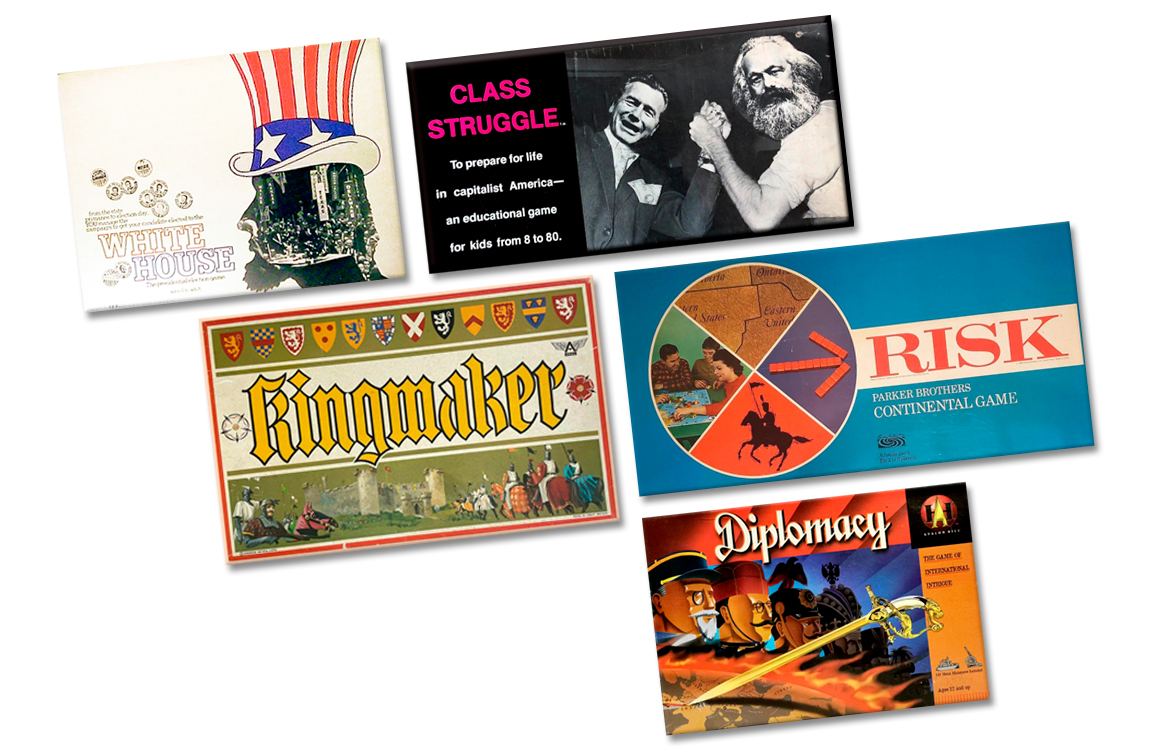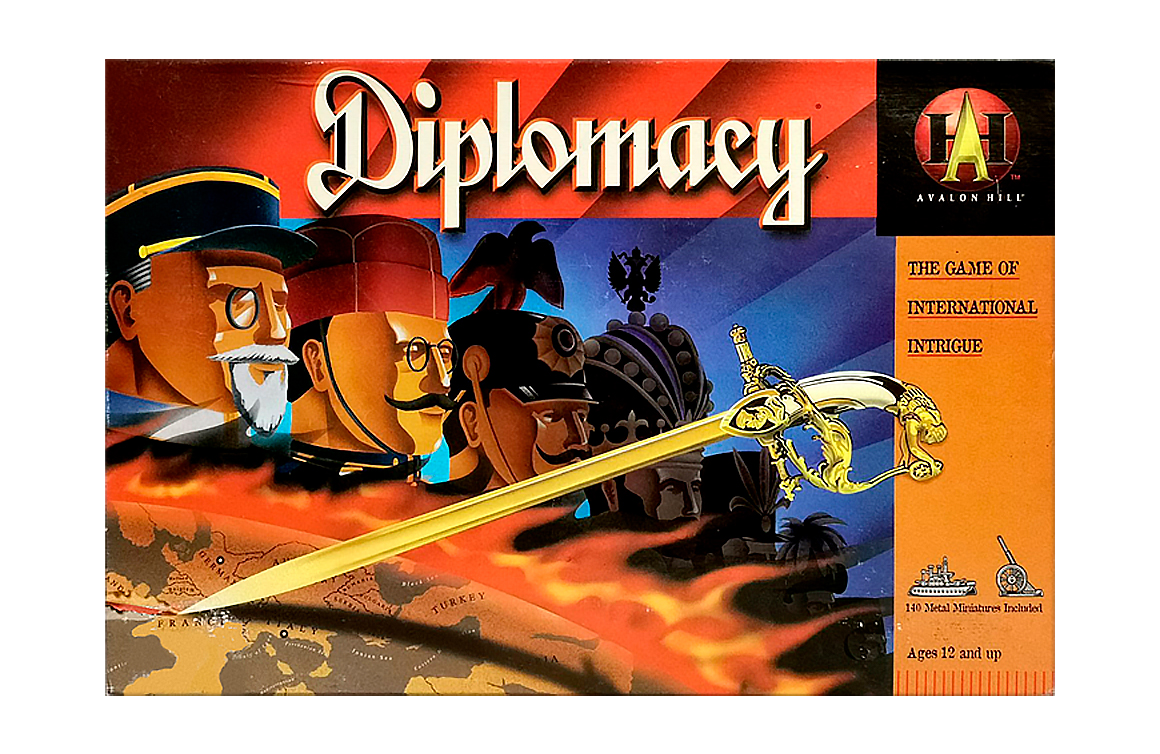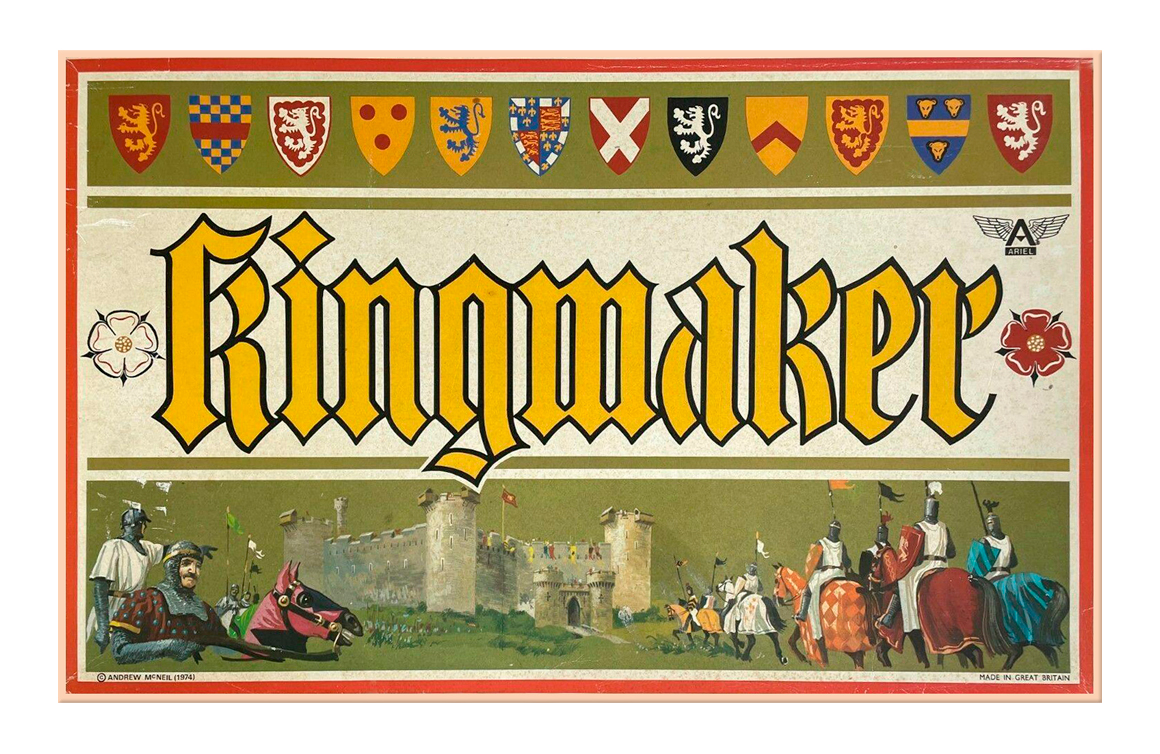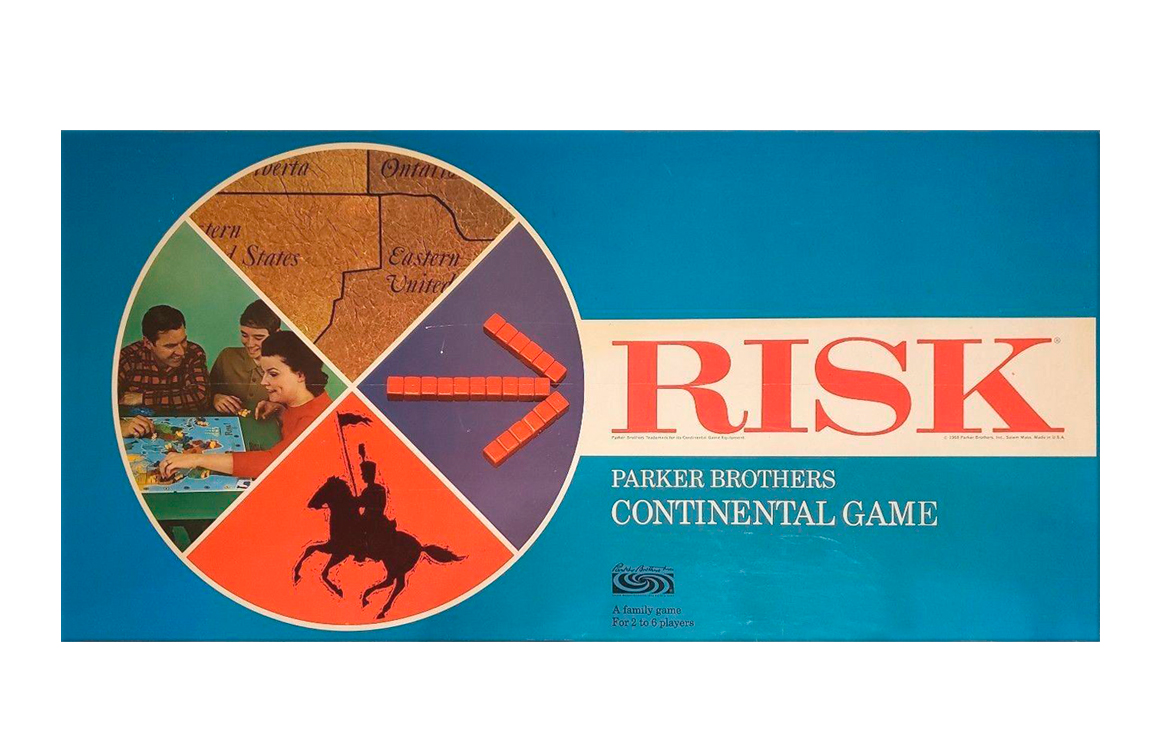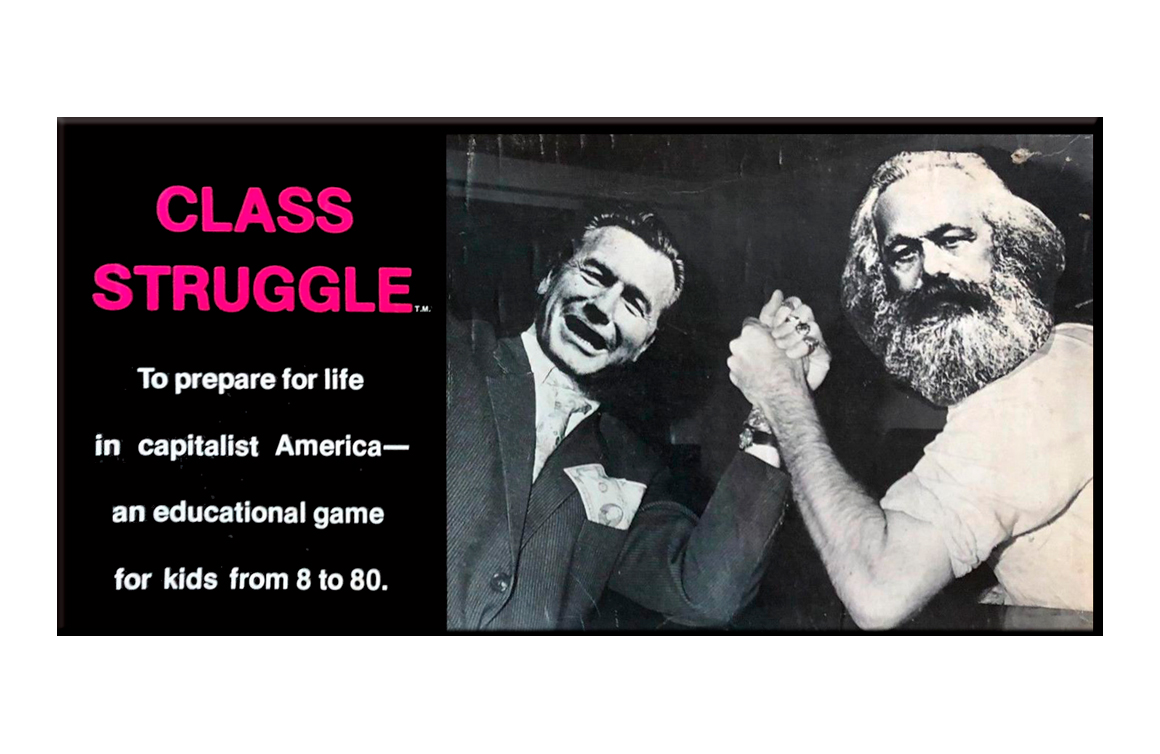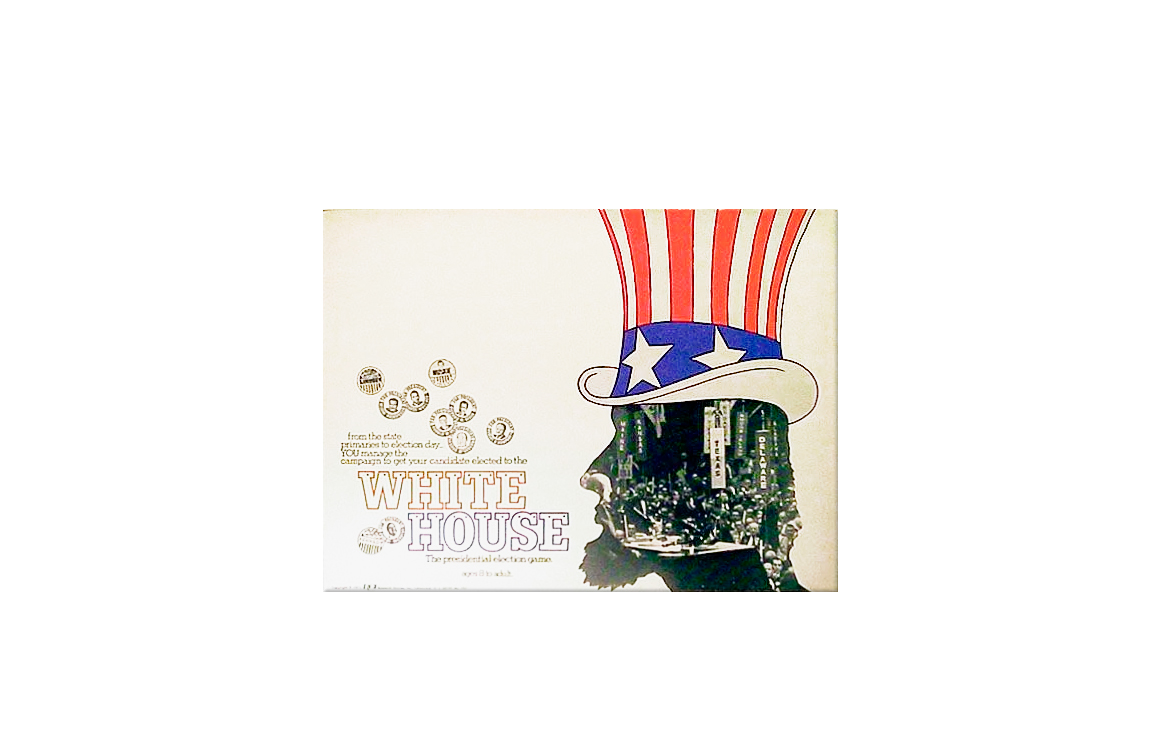“Politics is not a game. It is an earnest business.” ~Winston Churchill
Many different subjects inspire board games — even, perhaps surprisingly, politics! Some games approach political themes through economics, some through war, and some recreate specific events in either a real or an imagined past. Some games stand out because they influenced many games that came after.
The game Monopoly promotes the economic basics of a simplified capitalist system in America and, players assume, the political structure that endorses it. The game is relevant even today when many nations’ politics are based on their individual and different economic systems. History shows that players loved Monopoly and many still do. But games specifically concerned with political systems have always existed, and they are still manufactured in great numbers today — let’s take a look at some notable ones.
Notable Political-Themed Games
Alan B. Calhamer designed the game Diplomacy in 1959. Inspired by an article in Life magazine, he first conceived of the game while in high school. Set just prior to World War I, players represent European countries battling against and cooperating with each other to gain power. The game’s mechanics, essentially built on hidden written “orders” leading to simple negotiations, are highly praised. Diplomacy is considered a classic and new versions are available.
In 1974, the small English firm Ariel Productions Ltd. brought out Kingmaker. Designed by Andrew McNeil, Kingmaker pits players against each other as representatives of noble families in 15th-century England who attempt to gain power during the infamous War of the Roses. The game is based on the historical premise that these powerful families used the warring Lancastrian and Yorkist nobles as pawns in a struggle to gain power or, eventually, to gain control of all of England. Among many versions published over the years, the Avalon Hill Game Company’s two editions during the 1980s featured high-quality design and components.
The New York firm Research Games, Inc. introduced White House in 1971, just prior to the 1972 presidential election. The game pits players against each other as any one of the potential candidates in the actual 1972 presidential race. These mostly forgotten names include Nelson Rockefeller, George Wallace, Hal Lindsey, and others. Each tries to win enough state votes and party backing to run. The game is lauded for its historical depiction. What really happened? George McGovern eventually ran against Richard Nixon. Nixon won, but that’s another story.
War-simulation games have always existed — consider that chess and checkers, two of the world’s oldest board games, prefigure later battle games. In the board game Risk from 1959, players attempt world domination on an imaginary map. No political philosophies are present, although players certainly imagine them. But politics abound in many of the later Risk variant games, such as the strict separation between the rebels and the republic in any of the Star Wars-themed Risk games, and the hundreds of other themed war games that Risk inspired. These include war simulations such as Squad Leader, a World War II simulation — and the many versions that game inspired. In these complicated war games, politics play a factor in the games’ background stories and in the strategies players utilize, echoing real historical events.
From 1978, the unusual game Class Struggle may represent the best embodiment of political games. The game is no longer in print and can be very expensive on the secondary market. Designed to teach the fundamentals of both capitalism and Marxism, illustrations of Nelson Rockefeller and Carl Marx, arm wrestling (!) adorn the box cover. Each player represents a political philosophy and either one can win. Basically, worker pawns march around the board while the capitalist player controls everything. If the workers unite, they can seize power and win. Pamphlets and school lessons accompany the game, but collectors also value its novelty. A later computer version was made for the Apple II.
That’s Life
Like it or not, politics play a part in most individuals’ lives, so it should not be surprising that politically themed games exist. Many reflect this aspect of life and turn it into a game for fun and education. From elections to political systems and their effects on the populace — both historical and contemporary — there is a wide range of political games to choose from.

